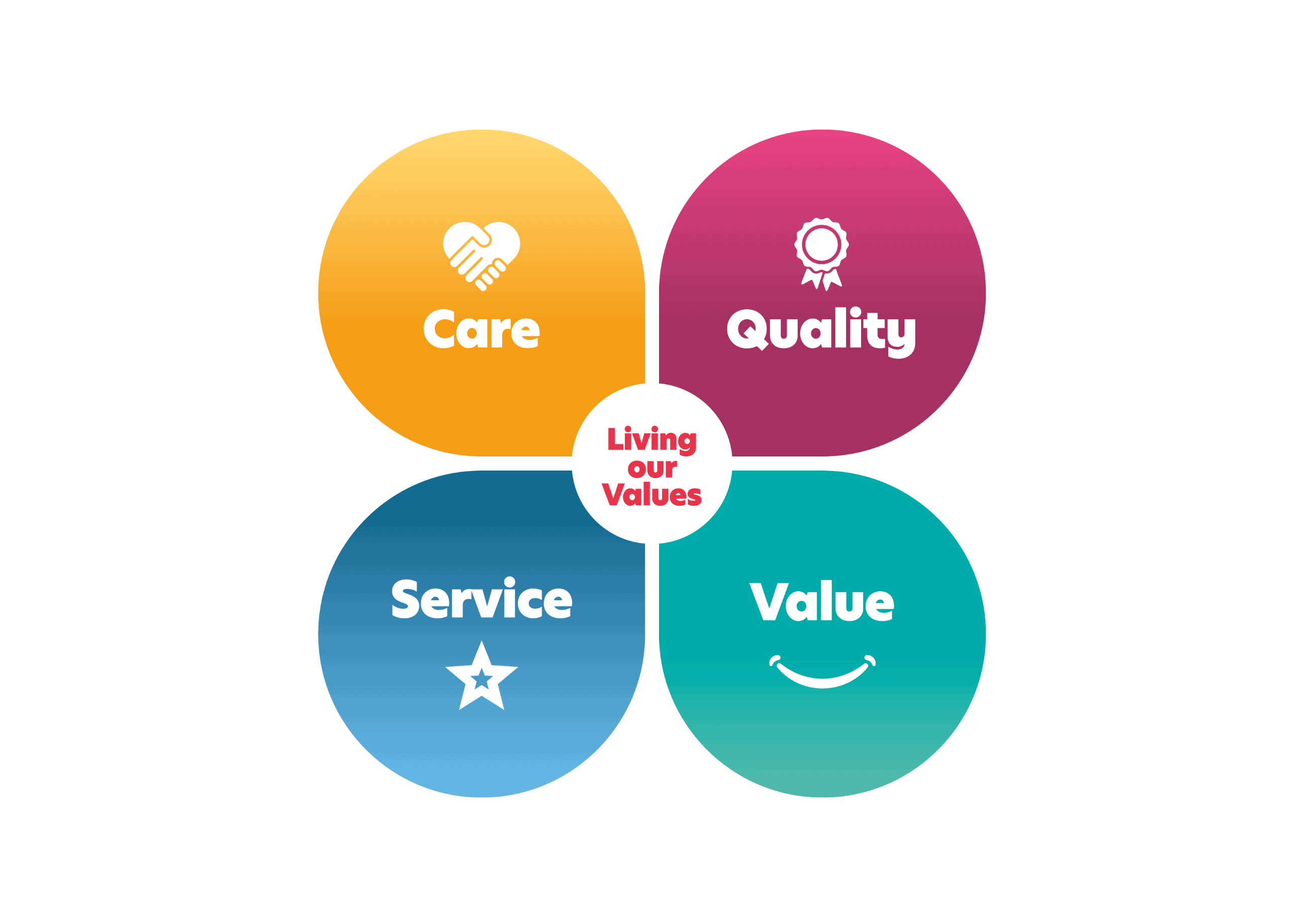The below article has been written by Kirsti Bradshaw, Service Manager at Busy Bees at Mirrabooka
The Association for the Welfare of Children in Hospital (AWCH) is a not-for-profit organisation that exists to promote the welfare of children, especially their emotional and social well-being, within hospitals and other health care services.
In order to increase children’s knowledge and reduce their anxiety about hospitalisation and medical care, the Hospital Familiarisation Program (HFP) is offered to children in Early Learning Services through to year 3 in Primary Schools throughout the Perth metropolitan area.
During the 90-minute incursion, the children were involved in a group discussion about all things medical and learned about the important job that Doctors and Nurses do to keep us all safe and healthy. They engaged in an interactive mat talk, where the presenter asked lots of questions about the children’s experiences and ideas about hospitals, and demonstrated a wide range of medical equipment using a life-sized doll.
Then, the children watched a DVD called “Let’s Play Hospitals” where they followed the story of a young boy who breaks his arm and has to go to the hospital for treatment. The video features other young children role-playing being at hospital.
After the discussion, the children enjoyed some free play where they were given the opportunity to dress up as doctors, nurses, surgeons and ambulance drivers, while others acted out being the patients. Jigsaw puzzles and hospital doll houses were an integral part of this session, with many children enjoying a ride in the wheelchair.
This incursion gave the children an understanding of what might happen when they visit the doctor or the hospital, which helps to decrease their anxieties and teach them not to be fearful if they ever encounter this situation in the real world.
National Quality Framework | Quality Area 1:
Element 1.1.3 – All aspects of the program, including routines, are organised in ways that maximise opportunities for each child’s learning.

